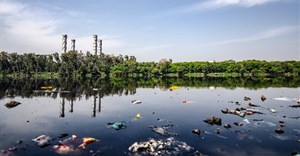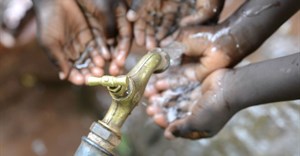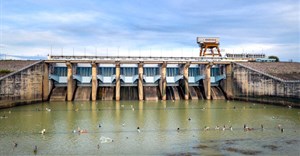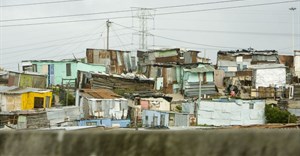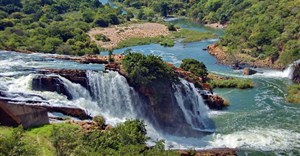
Sisulu proposes dams be declared national key points
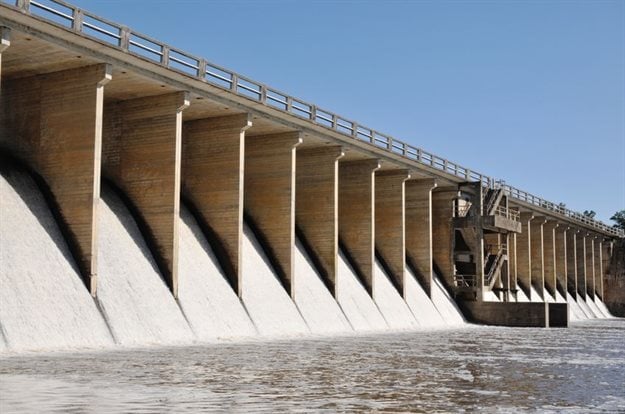
In a bid to turn the department around – which has been buckling under financial strain due to corruption and financial mismanagement – Sisulu also announced several remedial steps, including vetting senior managers and reviewing tender processes.
“We have built world class dams and we need to protect them. The only way we can protect them is by classifying them as national key points because they are in fact national key points. Anything that happens to those dams affects each one of us. So if water is life, then the prevention of anything going wrong with water is an urgent matter,” she said.
Sisulu was briefing journalists at the Imbizo Centre in Parliament following a debate on the department’s budget vote speech.
Clean-up starts with a review of tender processes
Delivering her speech during the debate in Parliament earlier in the day, Sisulu said the department would review all tendering processes.
“We have to stop the processes under way so that we can apply rigorous standards. While we review our tender processes, this responsibility will be given to National Treasury. We will investigate what has gone wrong so that we can create a system that is leak resistant.”
All current investigations will be fast-tracked and concluded soon.
“We will appoint an investigative partner approved by National Treasury to deal with all outstanding investigations, fast-track all the drawn out cases, study the reports of the auditor-general and ensure there will be follow-through consequences.
“If needed, we will also call in forensic investigators to assist us to identify where there might be loopholes in our systems,” the minister said.
All blocked projects would be reviewed by a panel of experts - headed by a retired judge - to propose a way forward.
The department will put forward a bill aimed at transforming the water sector.
Currently, 2.5% of the country’s water is directed to mining, 3% to industrial use, 2% goes towards power generation and 61% is taken up by agriculture – leaving 27% for consumption for a population close to 60 million.
The primary objective of the National Water Act is to transform the system and democratise the water sector. About 95% of the licensed water volume is still in the hands of white commercial farmers - leaving 5% currently allocated to emerging black farmers.
“As we talk about transformation of land ownership, we should understand that land ownership with no access to water will take us nowhere. I therefore hope that this water use bill will be given priority,” said Sisulu.
Source: SAnews.gov.za
SAnews.gov.za is a South African government news service, published by the Government Communication and Information System (GCIS). SAnews.gov.za (formerly BuaNews) was established to provide quick and easy access to articles and feature stories aimed at keeping the public informed about the implementation of government mandates.
Go to: http://www.sanews.gov.za









